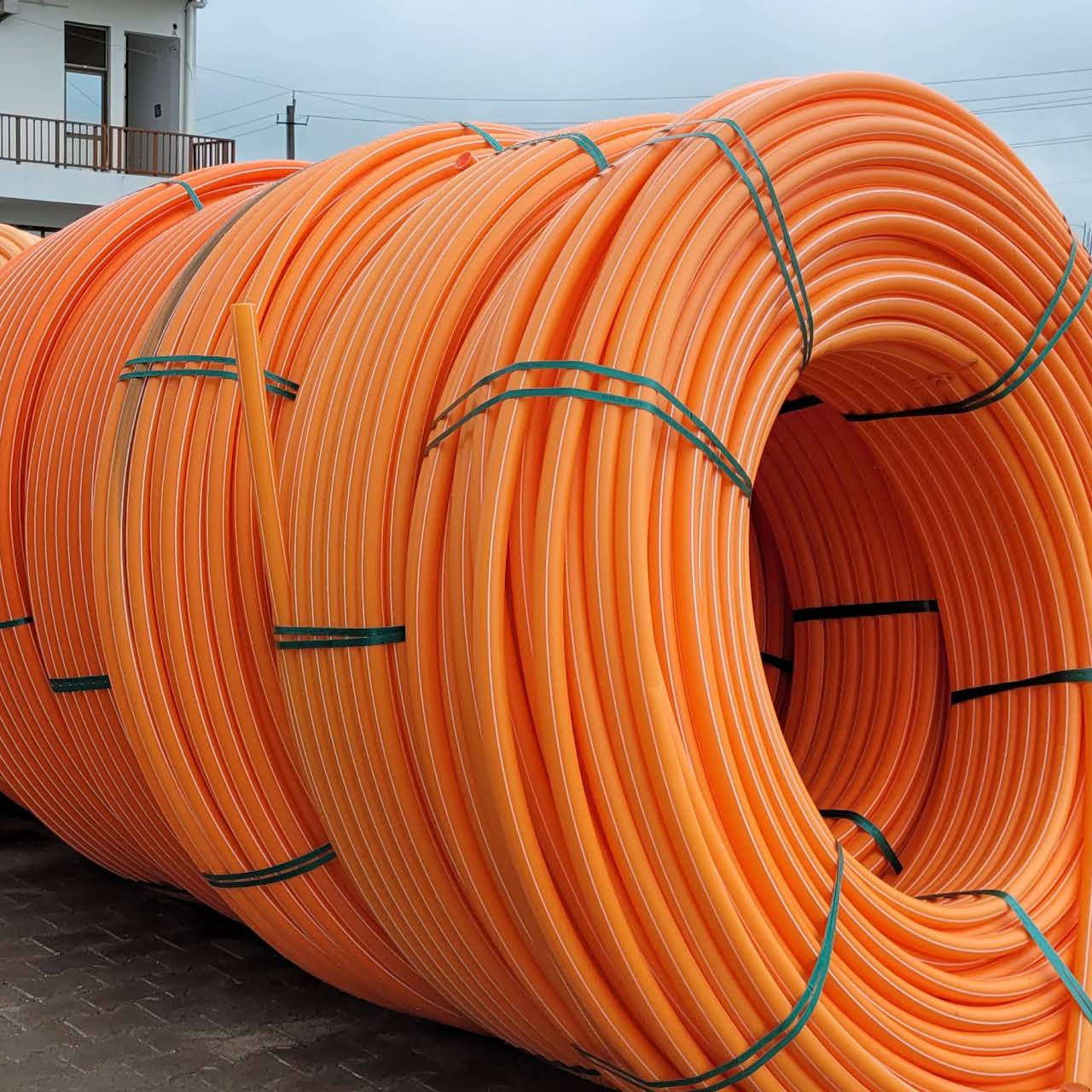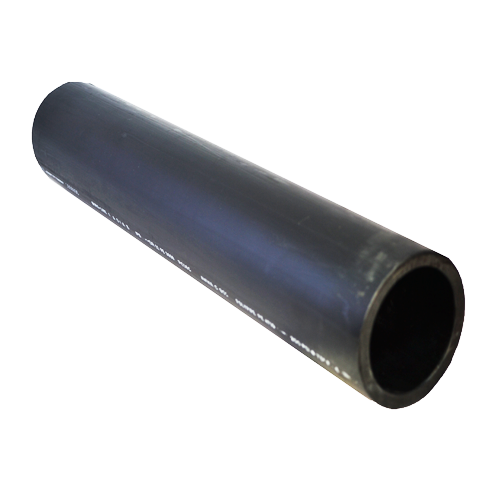The Advantages of Choosing Pipe Supplier American Plastics Midland
Comprehending the Key Advantages of HDPE Pipe for Water and Wastewater Management
Using HDPE pipeline in water and wastewater administration provides various benefits that warrant consideration. Its remarkable toughness and lengthy life-span make it a preferred choice for numerous projects. Furthermore, the material's resistance to rust and chemical damage enhances its integrity in different settings. The benefits extend past just longevity and resistance. Pipe Manufacturing Midland TX. Discovering its cost-effectiveness and environmental influence reveals much more compelling factors for its widespread adoption in modern-day facilities
Outstanding Resilience and Long Life

HDPE pipeline stands apart for its remarkable toughness and longevity, making it a favored selection in water management systems. Built from high-density polyethylene, these pipelines can endure substantial stress and tension, ensuring reliable performance in time. Their durable nature permits them to sustain severe ecological problems, including temperature changes and dirt activities, which can create various other products to fall short.
The lifespan of HDPE pipelines frequently exceeds 50 years, offering an affordable service for towns and markets alike. Additionally, the material's lightweight buildings streamline setup, minimizing labor expenses and timeframes. This resilience reduces the need for constant fixings or substitutes, additionally improving its economic allure.
In water administration applications, the dependability of HDPE pipelines implies less disruptions and improved service continuity, making them indispensable to lasting infrastructure development. The mix of toughness and durability strengthens HDPE's function as a cornerstone in effective water administration remedies.

Resistance to Corrosion and Chemical Damage
While numerous products succumb to rust and chemical damages in time, HDPE pipes display amazing resistance, making them excellent for different water management applications. This durability stems from the molecular framework of high-density polyethylene, which is naturally non-reactive and does not rust like steels or degrade from exposure to rough chemicals. Therefore, HDPE is extremely reliable in environments with aggressive materials, such as wastewater systems that might include acids, bases, and natural solvents.
Additionally, HDPE pipes can withstand environmental aspects such as soil acidity and saline problems, better enhancing their suitability for diverse applications (Pipe Supplier American Plastics Midland). Their capacity to maintain architectural integrity over time reduces the danger of leakages and failings, which is important in guaranteeing the security and integrity of water circulation and wastewater monitoring systems. Subsequently, the resistance to rust and chemical damages markedly adds to the total effectiveness and longevity of HDPE piping solutions
Cost-Effectiveness and Financial Advantages
When thinking about the monetary ramifications of water administration systems, the cost-effectiveness of HDPE pipes becomes evident. These pipelines supply reduced installation and maintenance prices contrasted to standard materials like metal or concrete. Their lightweight nature simplifies transport and setup, leading to decreased labor expenses. In addition, HDPE pipelines display a lengthy life expectancy, often going beyond 50 years, which translates to less replacements and lasting financial savings.
The resistance of HDPE to deterioration and chemical damages minimizes the requirement for expensive repair work and substitutes. The pipes additionally sustain reliable water circulation, decreasing energy costs associated with pumping systems. By mitigating leakages and water loss, HDPE pipelines contribute to substantial economic advantages for districts and markets alike. In general, the preliminary financial investment in HDPE piping can yield considerable monetary returns over the life-span of the water management system, making it a sensible choice for sustainable framework growth.
Ecological Sustainability and Lowered Influence

Versatility and Flexibility in Installation
As a result of their special residential properties, HDPE pipelines supply impressive flexibility and versatility in setup, making them appropriate for a large variety of applications. Their lightweight nature allows for simpler handling and transportation, reducing labor prices and installment time. HDPE pipes can be curved and formed to fit numerous terrains and job needs, which is specifically helpful in testing settings.
Additionally, their resistance to rust and chemical damage enables for setup in varied settings without the demand for specialized safety coverings. The capacity to fuse joints produces a continual, leak-free system, enhancing the total integrity and dependability of the installation. HDPE's versatility additionally accommodates ground activity, lowering the risk of damage in locations prone to moving dirt. Overall, these attributes make HDPE pipelines not just versatile however additionally a preferred option for water and wastewater monitoring systems.
Frequently Asked Concerns
Just How Does HDPE Pipe Compare to PVC in Water Administration Applications?
HDPE pipeline offers exceptional versatility, resistance to deterioration, and sturdiness contrasted to PVC. water main leak detection Its lighter weight facilitates much easier installment, while its long life expectancy lowers replacement expenses, making HDPE a recommended choice in water monitoring applications.
What Is the Lifespan of HDPE Water Lines Under Regular Conditions?
Under normal problems, HDPE pipes can have a life expectancy varying from 50 to 100 years. Their resilience and resistance to corrosion contribute to their long-term performance in different applications, making them a reputable selection for facilities.
Are HDPE Piping Recyclable After Their Life Span?
Yes, HDPE pipelines are recyclable after their life span. Texas hdpe pipe manufacturer. They can be processed and repurposed into new products, greatly lowering ecological impact and promoting sustainability within the market, making them an eco-friendly choice for piping solutions
What Is the Setup Refine for HDPE Pipes?
The setup process for HDPE pipes includes site preparation, trenching, pipeline fusion or mechanical joining, backfilling, and stress screening. Correct strategies assure a durable and efficient system for carrying water and wastewater successfully.
Can HDPE Water Lines Be Used for Both Potable and Non-Potable Water Solutions?
Yes, HDPE pipes can be used for both safe and clean and non-potable water systems. this website Their convenience, longevity, and resistance to rust make them suitable for numerous applications, making sure risk-free and efficient transportation of water in different contexts.